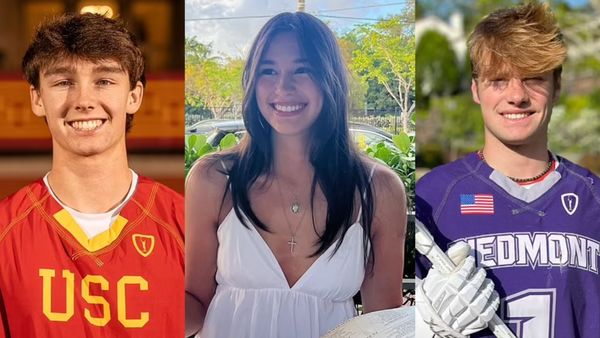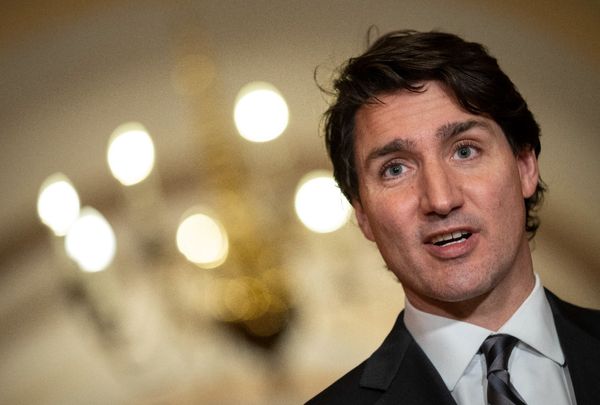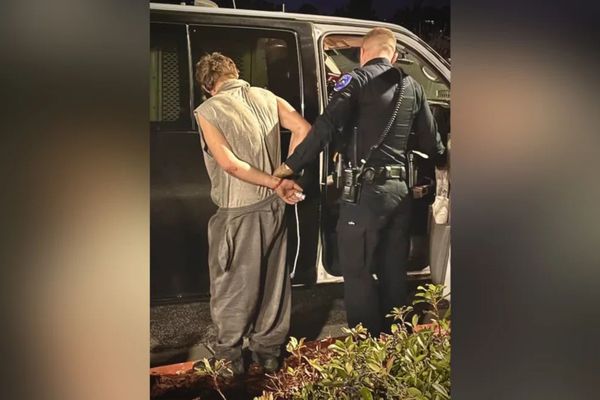Novak Djokovic has described what it was like being detained by Australian border control before being deported earlier this year.
In previously unreleased footage from an exclusive interview with the BBC, Djokovic said he felt powerless throughout the process, as his visa was revoked, then reinstated, then revoked again.
"It definitely wasn't pleasant," Djokovic said.
"I don't want to be sat here and complaining about conditions in that detention centre because I stayed seven days.
"Yes I did feel powerless. When I arrived I was not allowed to use my phone for three, four hours. It was the middle of the night from 1am to 9am. I didn't get any sleep because I was going through questioning every 30 minutes basically.
Djokovic was eventually allowed out to train ahead of what he hoped would be a bid to become the greatest men's tennis player in history, before Immigration Minister Alex Hawke used discretionary power to deport the Serbian.
"The visa was reinstated, first revoked, then reinstated, then revoked again, so I was free for four days and I was training, but it was not a regular kind of training," Djokovic said.
The 34-year-old also said he felt 'hurt' by the way other tennis players and staff were looking at him throughout the process.
Djokovic —who yesterday revealed he was unvaccinated and would continue to sit out tournaments that had vaccine mandates — had been hoping to use a previous infection of COVID-19 as a medical exemption.
"Also my colleagues, that really hurt me a lot, because I felt that energy and those looks from my colleagues and people that were in the tennis facility," he said.
"Obviously I understand that they had a perception that was based on what they were seeing from media reports and I wasn't going in media because of what I had previously said in respecting the legal process and respecting the Australian Open."
Despite his unvaccinated status and refusal to take the COVID-19 vaccine, Djokovic said he took the virus seriously having already been infected twice.
"I would say that I take COVID very, very seriously, as really anybody else. And I assure you that I was taking PCR tests as anybody else," he said.
"Millions of people have and are still struggling with COVID around the world. So I take this very seriously.
"I had COVID twice. The second time was asymptomatic, the first time was about a year, year and a half ago and I had symptoms and it wasn't easy, you know."







